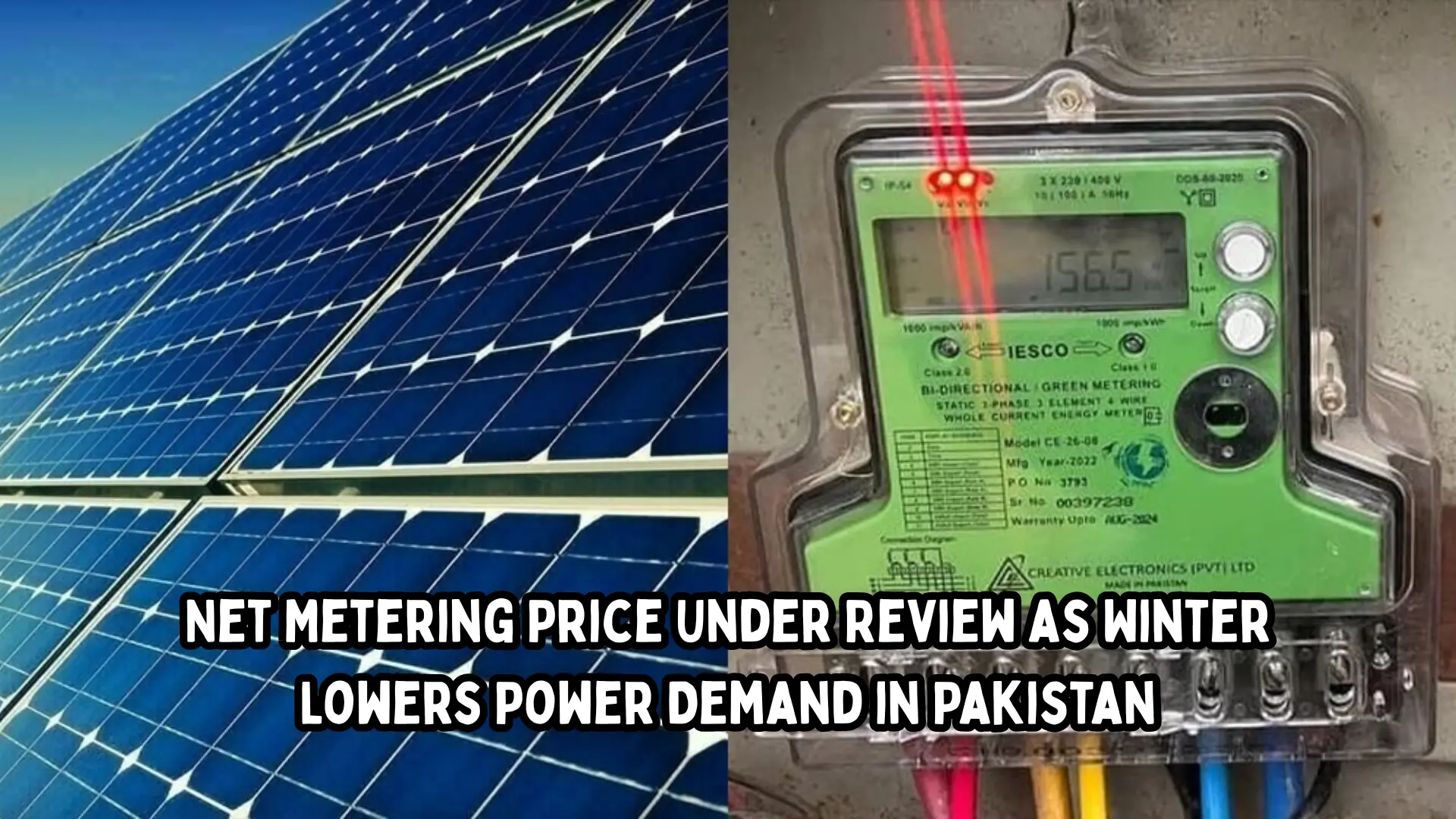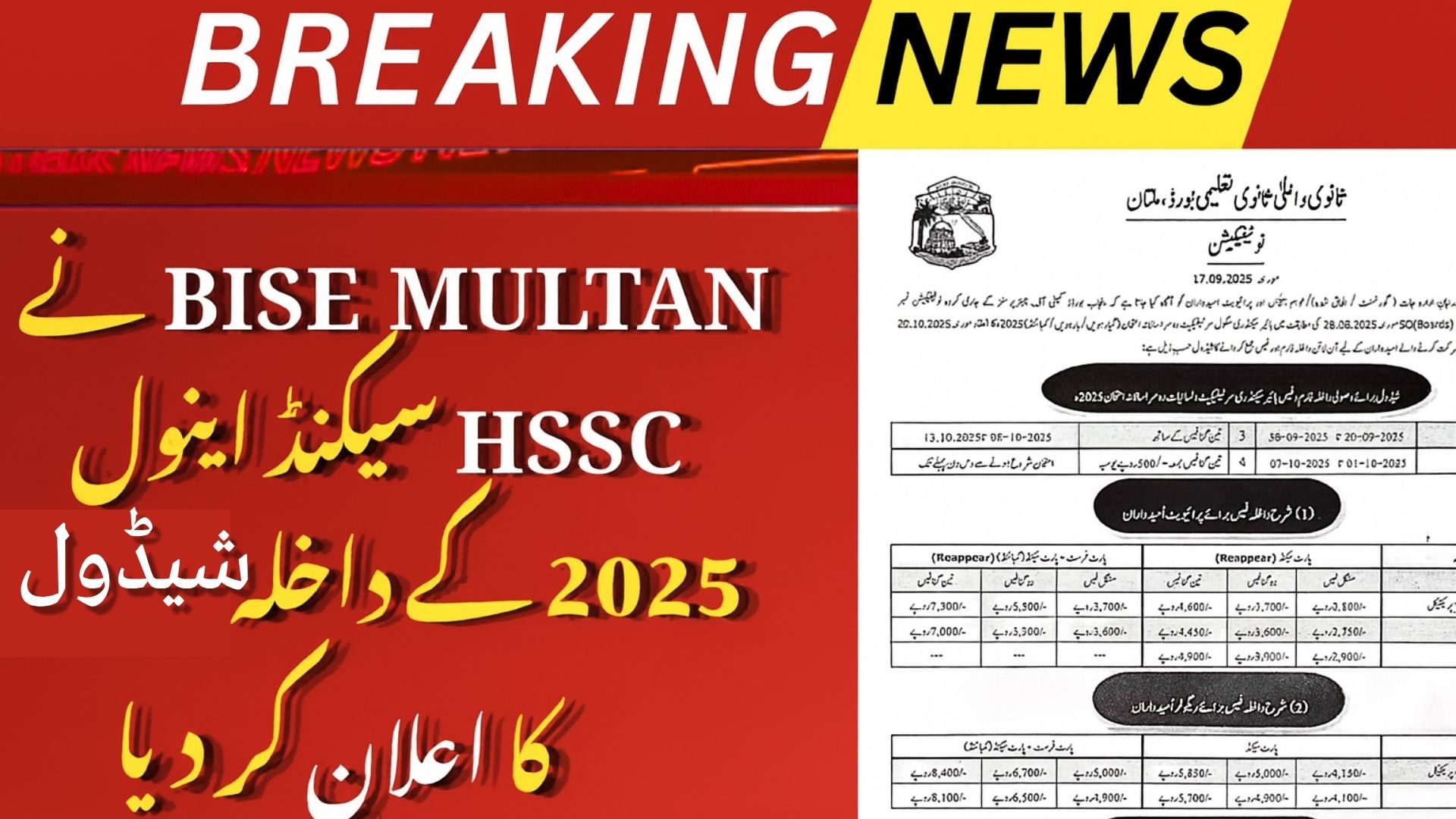Net Metering Price Under Review as Winter Lowers Power Demand in Pakistan. As winter approaches, Pakistan’s electricity demand is dropping, leading the government to reconsider net-metering rates for solar power users. According to official sources, the current rate of Rs 22 per unit may be reduced to Rs 11.30 per unit as part of an upcoming tariff review.
The change aims to balance the country’s energy demand, manage over-production from rooftop solar panels, and ensure fair pricing for grid power buyers and sellers.
Understanding Net-Metering
Net-metering allows households and businesses that generate their own electricity through solar panels to sell excess energy back to the national grid. The generated units are subtracted from the user’s total consumption, helping reduce electricity bills.
Under the current system, consumers receive credit for each unit of solar energy exported to the grid — at a fixed rate set by the National Electric Power Regulatory Authority (NEPRA).
Proposed Changes in Net-Metering Tariffs
Recent reports suggest that the Ministry of Energy and NEPRA are evaluating proposals to lower the per-unit rate for exported solar energy.
| Factor | Previous Rate | Proposed Rate | Change |
|---|---|---|---|
| Net-Metering Price | Rs 22.00 / unit | Rs 11.30 / unit | ↓ Rs 10.70 (Approx. 49%) |
If approved, this will significantly impact consumers who rely on solar panels for generating surplus electricity, especially in residential and commercial setups with large-scale systems.
Reasons Behind the Price Review
1. Seasonal Drop in Electricity Demand
During winter, Pakistan’s power consumption naturally declines as air-conditioning and cooling usage fall. Consequently, grid demand decreases, leading to surplus energy production in some regions.
2. Rapid Growth in Solar Installations
The number of solar panel installations across Pakistan has increased dramatically in 2024–2025. While this has reduced load pressure on the national grid, it has also created challenges for energy balancing — particularly during low-demand months.
3. Tariff Uniformity and Fiscal Balance
Officials argue that selling solar power back to the grid at higher rates creates an imbalance in the national tariff structure. Revising the rate could help ensure equitable distribution of energy costs and prevent revenue losses for power distribution companies (DISCOs).
4. Prime Minister’s Directive for Price Review
Sources confirm that the Prime Minister of Pakistan has instructed relevant authorities to review energy tariffs, including solar net-metering, to make pricing sustainable and cost-effective for both the public and the national exchequer
Impact on Solar Energy Users
If the proposed rate reduction is implemented, it may affect the return on investment (ROI) for consumers who have installed solar systems under the previous net-metering policy.
- Residential Users: Longer payback periods for solar installations.
- Commercial/Industrial Users: Reduced savings on large-scale systems.
- New Installers: May reconsider installing solar due to lower profitability.
However, energy experts emphasize that even with reduced tariffs, solar energy remains beneficial because of lower monthly bills, energy independence, and environmental benefits.
Government’s Stance
The government insists that no final decision has been made yet. Officials from NEPRA and the Power Division are currently conducting a comprehensive study to assess the impact of potential tariff changes.
According to sources, any adjustment will be made gradually to avoid discouraging investment in Pakistan’s growing solar energy sector.
Public Reaction
The proposal to lower the rate has drawn mixed reactions:
- Solar users argue that such a reduction will discourage renewable adoption.
- Energy experts highlight the need for a balanced approach, ensuring the grid remains financially viable while still promoting green energy.
Many citizens on social media are urging the government to maintain attractive incentives for solar energy in order to achieve Pakistan’s renewable energy targets for 2030.
Benefits of Net-Metering in Pakistan (Despite Price Review)
- Reduction in electricity bills
- Promotion of clean and renewable energy
- Lower dependence on imported fossil fuels
- Support for Pakistan’s climate commitments under the Paris Agreement
- Contribution to a more sustainable national grid
Conclusion
The government’s plan to review and potentially reduce net-metering rates reflects Pakistan’s evolving energy landscape. While the proposed cut from Rs 22 to Rs 11.30 per unit could impact solar users financially, officials emphasize that it aims to ensure stability and fairness in the national energy system.

















